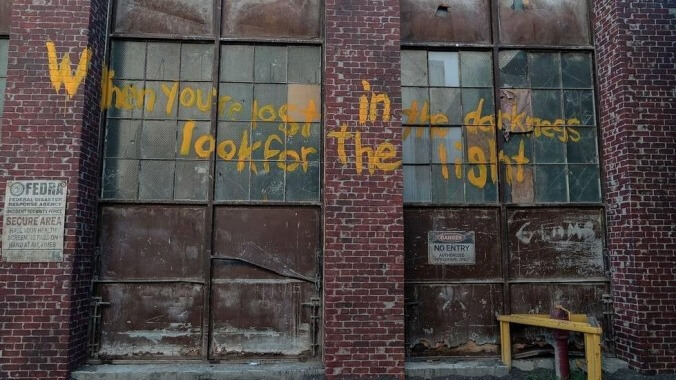Is The Last Of Us a zombie show or not?
There are strong opinions on either side of the Last Of Us divide, but ultimately it might not even matter

Despite having all the conventions of a zombie show—a worldwide catastrophe, survivors, and mindless creatures that once were human—The Last Of Us wants us to know that it really doesn’t want to be one. Cinematographer Eben Bolter, who worked on the show, said in an interview with The Credits that the word “zombie” was banned from the set. Journalists writing and talking about the show have been reminded by HBO to use the preferred term “infected” instead. But is it a distinction without a difference? Or is The Last Of Us creating something truly novel?
The discussion certainly isn’t new. Fans of the game have been having this argument since The Last Of Us first came out in 2013. You’d think they’d have figured it out by now, but no. Even after Neil Druckmann, co-creator of the game and co-showrunner of the series, stated on Twitter that the infected are not zombies, the debate continues.











![HBO teases new Euphoria, Larry David, and much more in 2026 sizzle reel [Updated]](https://img.pastemagazine.com/wp-content/avuploads/2025/12/12100344/MixCollage-12-Dec-2025-09-56-AM-9137.jpg)




























